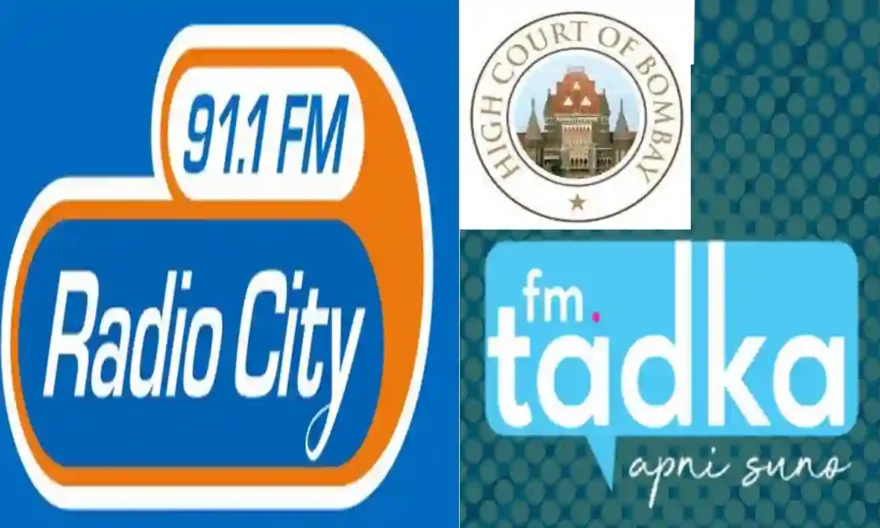
The Bombay High Court has recently held that the Indian Performing Right Society (IPRS) that are entitled to raise claims for royalties from the companies owning radio channels like FM Tadka & Radio City.
Justice Manish Pitale held that the amended Copyright Act indicated IPRS got entitled to ask for interim relief for the benefit of its members, who are the authors of literary & musical works utilized in the cinematograph films & sound recordings.
The order stated that, “The IPRS can demand royalties in terms of the quantum already determined in proceedings initiated in that regard and as per the rates presently in vogue as per orders passed in such proceedings, which may be revised in accordance with law during the pendency of the present suit.”
Therefore, the Court simplify that the FM channels would be restrained from using the copyright music if they fail to pay royalties to IPRS within a period of 6 weeks in receiving such communication.
Moreover, the order passed in a petition filed by IPRS seeks enforcement of the 2012 amendments to Copyright Act concerning the rights of authors of original literary, dramatic, musical & artistic works.
The amendments constrain authors themselves from assigning/waiving their right to receive royalties for utilization of works in cinematograph films & sound recordings.
Earlier, IPRS stated that authors of original works, who were deprived of their rightful claims, had become entitled to claim royalties on each occasion that their original works are utilized.
Currently, it was argued that the authors of original works were entitled to royalties on each occasion a sound recording was communicated to the public by the radio channels.
The defendant companies, Rajasthan Patrika and Music Broadcast Limited, got engaged in the business of operating FM Tadka and Radio City respectively. They claimed that the amendments didn’t grant any new substantive right to the authors of original works.
Further, the Court end up stating that IPRS was justified in interim relief due to changes to the Copyright Act. It agreed with IPRS’ argument that the addition of provisos to Sections 17 & 18 (owner and assignment of copyright) brought about a change leading to recognise additional rights in favour of authors of original literary & musical works.
The order stated that, “There is the substance in contention raised on behalf of IPRS that in a given situation, even a proviso can give rise to a substantive right in favour of a party.”




